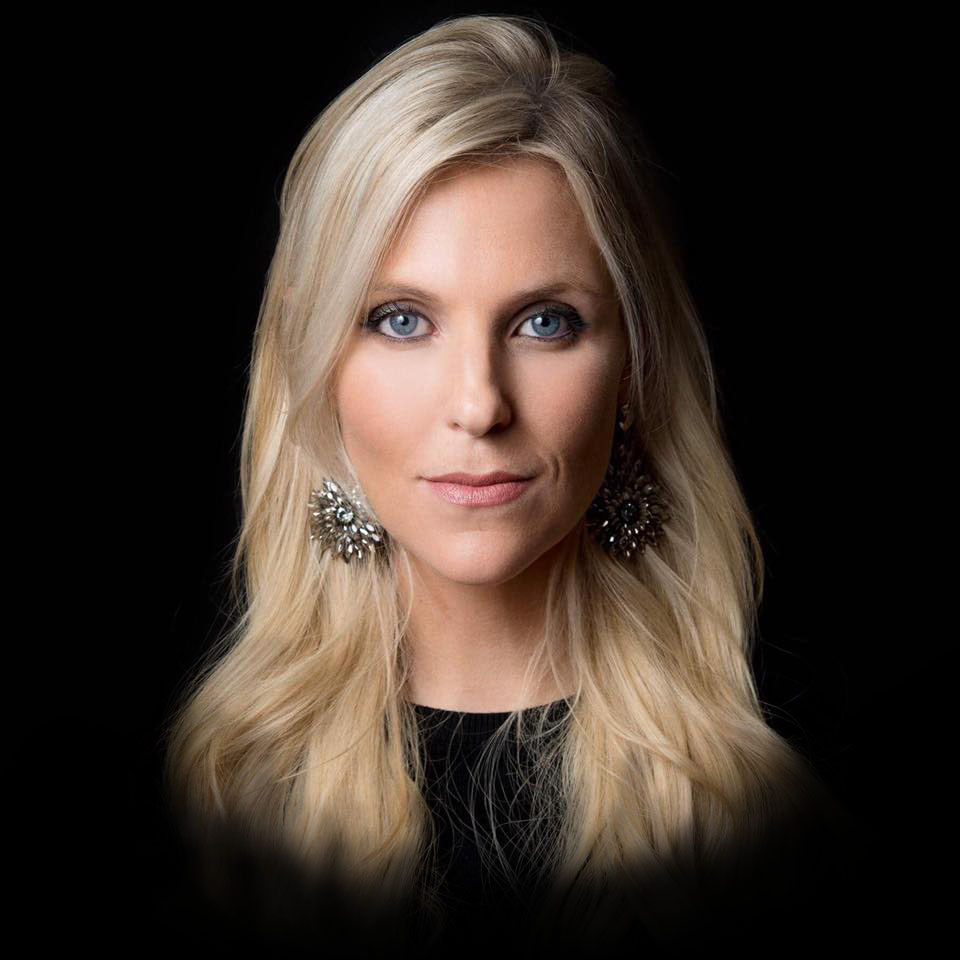Millennials were considered the great entrepreneurial generation for a long time. However, the people leading shifts in the business world are increasingly from Generation Z—often defined as those born after 1996. The oldest members of this generation are just 23. Their defining characteristic is that they were born into a world with widespread internet access. Mobile phones and WiFi have also been available to Generation Z from a young age.
Gen Z is poised to take over as the most entrepreneurial generation in history. According to a recent survey of children in grades 5 to 12, 40 percent of students said they wanted to run their own business and 24 percent said they had already started down the path to entrepreneurship. What is remarkable about Gen Z is that these young people are taking an essentially different approach to entrepreneurship than millennials or any generation before them.
Generation Z Uniquely Poised to Become Entrepreneurs
Many of the challenges and obstacles that existed for prior generations of entrepreneurs are no longer serious issues. Generation Z was born in a world where entrepreneurs have a high profile in business, and many of their parents have their own businesses. For many in this generation, running your own company may seem at once more desirable and less far-fetched.
In addition, the media have shown them many examples of child executives, such as Moziah Bridges, who started a company at nine that grew quickly to earn $150,000 per year. Moziah appeared on Shark Tank and now has several employees for his company, which creates bowties. Generation Z sees these examples and feels encouraged to do the same. More than ever before, it’s easy to find examples of successful young entrepreneurs and emulate them.
For the most part, Millennial entrepreneurs started their businesses during or after college, with a few starting in high school. Today, the trend is continuing to skew younger, and both investors and sponsors seem more willing to support young entrepreneurs.
Gen Z is also making full use of social media to launch their ventures. Many people in this generation have found support and mentorship through social media. Jaffry Mallari, CEO of streetwear startup RSG RESURGENCE, for example, credits Reddit with the company’s success. In addition, YouTube and other platforms feature an incredible amount of content about entrepreneurship, which allows Gen Z-ers to teach themselves how to succeed in business.
A Different Approach to Entrepreneurship
While Generation Z is young, they seem to be taking a unique approach to entrepreneurship that focuses on disruption. This generation has taken to heart the idea that if a product or service is not new, different, and exciting, then it won’t succeed on the market. Since this generation has grown up in a world where disruptive companies enjoy incredible success, perhaps it’s not a surprise to see such a focus on creating products that redefine markets. Even simple ideas can be extremely successful, such as Da Bomb, which introduced bath bombs with a toy inside. The cofounders were 11 and 12 when they started the company, selling handmade bath bombs at local art fairs and shops. They eventually inked a deal with Target, and their company is now generating more than $20 million per year.
Generation Z is also embracing identity politics in a new way. Identity entrepreneurship is an approach to business in which the entrepreneur’s identity—for example, as a woman of color, a person from a rural state, or as a Native American—becomes part of their company’s brand. The entrepreneurs of Generation Z are increasingly defining themselves in these ways and finding success and community through social media, which makes it easy to connect to similar people. These online communities can play a key role in encouraging more people from different cultures and groups to become entrepreneurs. Though pundits sometimes see it in a negative light, identity politics in this case has created an environment that is more collaborative than competitive among Generation Z entrepreneurs.
Building on Entrepreneurial Platforms that Already Exist
Although Generation Z focuses on disruption, it’s notable that these entrepreneurs have largely used platforms already in existence rather than creating new ones. This fact is remarkable considering that many Millennial entrepreneurs are still trying to create new platforms rather than expanding on existing ones. Generation Z is happy to use Google, Amazon, Facebook, Instagram, and more to build their companies. In some ways, it makes sense for younger people with fewer resources to use these existing tools, instead of investing time and capital into creating something new. However, it also shows that there is an altogether different focus for this generation.
Perhaps the most obvious examples of capitalizing on existing platforms are the many young YouTube stars who have monetized their channels. For example, nine-year-old Ryan Kaji created Ryan’s World, a channel on YouTube that is now earning $22 million annually. It shouldn’t be surprising that Gen Z YouTubers are so successful, given that some studies indicate 97 percent of the generation uses YouTube, often daily.
However, Gen Z entrepreneurs are also building businesses on existing web platforms in more complicated ways. For example, the young Cheri Wang created Coshipper, a Fulfillment by Amazon (Amazon FBA) freight forwarder. Creating this type of business is easier when Amazon takes care of the warehousing and shipping, but it still requires an incredible amount of coordination and oversight. Considering how deeply involved Generation Z already is in entrepreneurship, it will certainly be exciting to see where they will take the field in the future.

 Joanna (Jo) Riley is an entrepreneur, investor, and advocate in technology, and is currently the CEO and Co-Founder of Censia. Jo has a highly experienced background in building and scaling companies, which she attributes to her deep passion for people and building technologies that allow people to be their best selves. She brings her wide knowledge of the industry to better transform the way enterprise companies hire talent. You can connect with Joanna Riley at @joannakiddriley on
Joanna (Jo) Riley is an entrepreneur, investor, and advocate in technology, and is currently the CEO and Co-Founder of Censia. Jo has a highly experienced background in building and scaling companies, which she attributes to her deep passion for people and building technologies that allow people to be their best selves. She brings her wide knowledge of the industry to better transform the way enterprise companies hire talent. You can connect with Joanna Riley at @joannakiddriley on